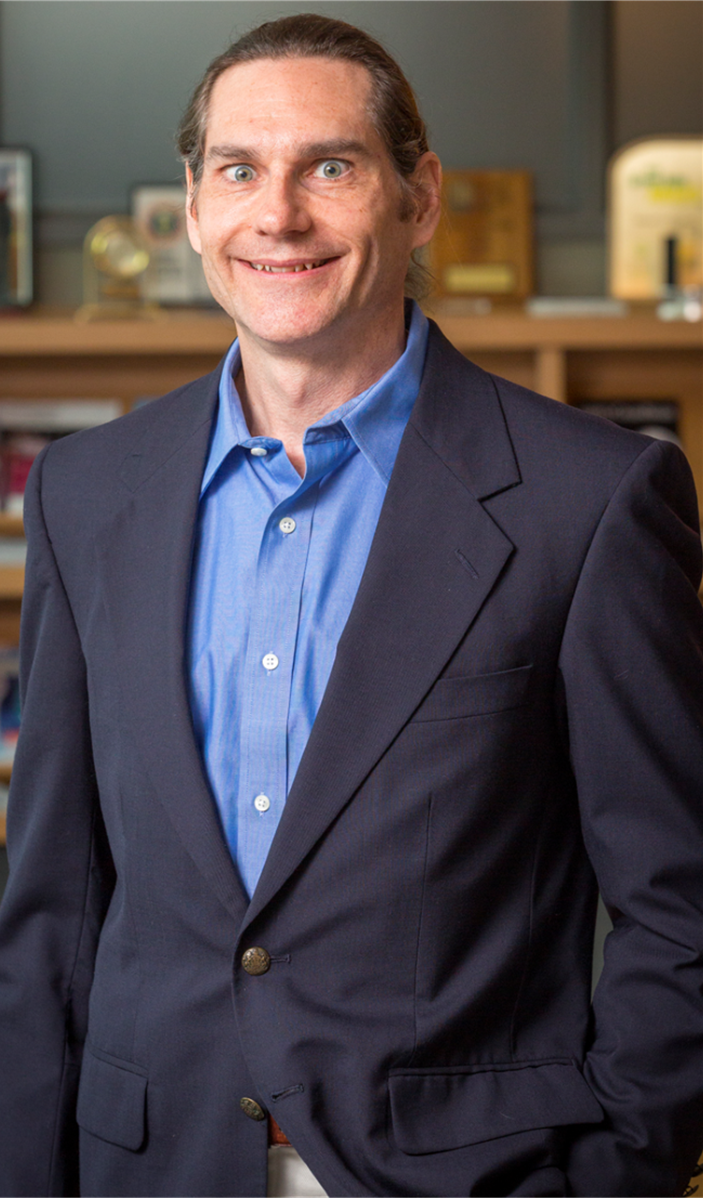The ESOP Association and its member companies celebrate Employee Ownership Month every October.
An employee stock ownership plan (ESOP) is a benefit plan that gives workers ownership interest in their company. The employees do not buy the stock, there is no cost to the employees, and it is not a part of their compensation plan. According to The ESOP Association:
“An employee stock ownership plan (ESOP) is a retirement plan—in some ways similar to and governed by the same laws and regulations as a 401(k). In other ways, ESOPs are quite different from 401(k)s. When companies launch an ESOP, they form a trust that purchases some or all of the company’s shares and holds these in retirement accounts for employees. When the stock value increases or decreases, so does the value of employees’ accounts.”
Various studies and surveys have linked ESOPs to higher returns, greater productivity, higher sales growth, and greater likelihood to survive as compared to conventionally owned companies.
Ownership creates a unique incentive and motivation for employees to do what they can to help the business be successful. Imagine the collective power of not just one or just a few owners, but every
employee thinking and acting like owners, invested in the company’s success and all pulling together toward that common goal! The more they do to grow sales and profits, and there are often a countless number of small actions every day which can do both, the more value they directly put into the company…and into their own retirement.
Owners generally think and act differently than non-owners. Consider how you treat something that you rent versus something that you own. Perhaps a rental car. A home or apartment. A tuxedo. Or some other property. Most people will give extra care and attention to the things they own themselves. They see things in context of the bigger picture and the long-term, not just the here-and-now. They recognize and appreciate the importance of customer satisfaction. They see the value in maintaining healthy and collaborative relationships with co-workers/co-owners. They display a more positive attitude. They make decisions that are best for the company, not just best for themselves.
Melink became an ESOP in 2018 to create an additional retirement benefit for employees, to share success among all employees, and to reward employees for their efforts to grow and support our business’s success. The ESOP also allowed us to maintain the company’s independence as a green-energy focused business. Our ESOP is viewed as a long-term, wealth-building plan that provides each Employee-Owner with an equity stake in the company. Employee ownership very much complements our company culture and our core values of integrity, innovation, and service excellence. Even though we only recently became employee-owners, we have always had that owner-mindset. Ever since I started with the company 23 years ago, I can remember our founder, Steve Melink, encouraging us to “think like an owner.” Owners make decisions that are in the best interest of their customers, their employees, and their business.
Whether or not your company is an ESOP, how do you perform your job duties? Like an owner… or like a renter?
